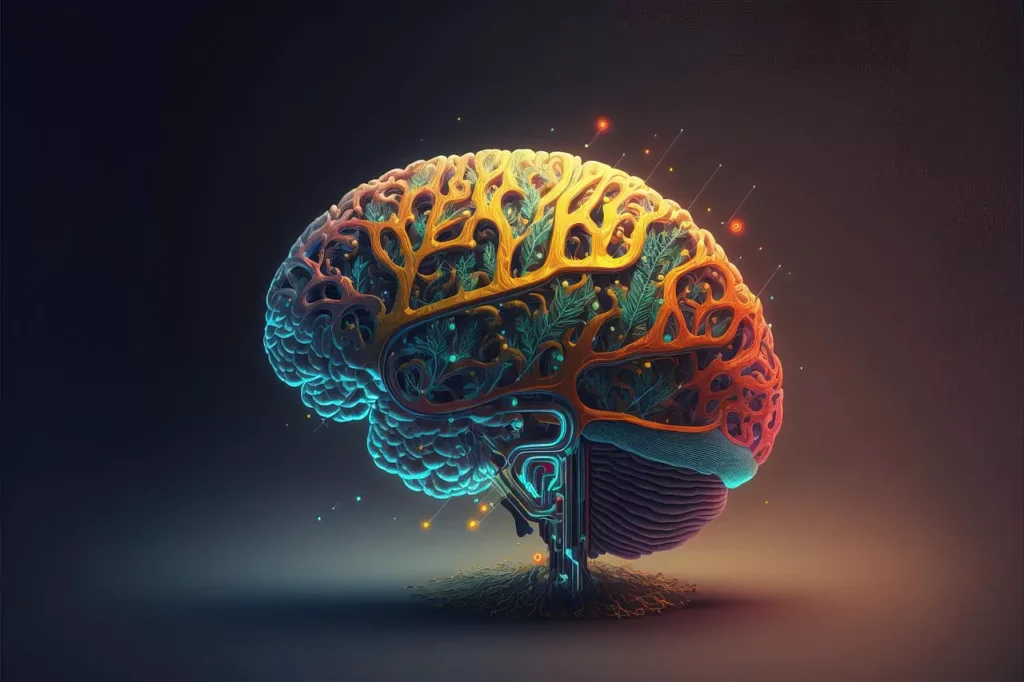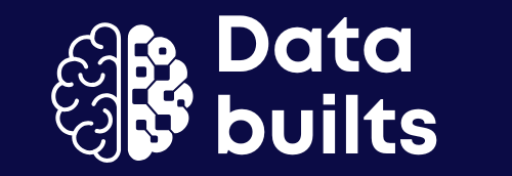Everything is connected with data in this digital age. Every action we take today generates so much information. Doing simple tasks like uploading a photo to social media or making an online transaction counts for data. With this much data, we need faster, more innovative, and more efficient ways to process it. That’s where we meet quantum computing. This revolutionary technology is now transforming how we handle data. But what exactly is quantum computing in data processing? How will it impact data analysis? How is it applied in big data? What is its future with data science? Let’s find out in this article.
Quantum computing in data processing is the solution to today’s computer problem.
Let’s first understand what quantum computing is. Your laptop or smartphone uses classical computers. These computers process information in binary code (0s and 1s). You can use these machines for everyday tasks like browsing the web or editing photos without any issues. But can they solve massive, complex problems, like predicting global weather patterns or analyzing billions of DNA sequences? No, they cannot. Classic computers can only do one piece of the problem at a time. This is a slow and energy-intensive process.
Quantum computers introduce a new way to think.
Quantum computers operate using quantum bits/qubits. They are unlike the classical bits (0 or 1) we discussed before. They can exist in multiple states at once. It is all thanks to a phenomenon called superposition. It is like spinning a coin: while spinning, it is neither entirely “heads” nor “tails” but somewhere in between. Like that simple example, quantum computers explore many possibilities simultaneously.
Entanglement is another key feature in quantum computers. This is where qubits become linked. If one qubit changes, its entangled partner instantly reflects that change. Even if they are miles apart, because of this teamwork, quantum computers can solve problems in ways classical machines cannot.
Quantum gates are also important here. Classical computers process bits using logic gates (like AND, OR). Quantum computers use quantum gates to manipulate qubits. Thanks to these gates, qubits can interact to solve problems exponentially faster.

The impact of Quantum computing on data analysis
Data analysts go through large datasets in data analysis to discover their patterns, trends, and insights. These findings are beneficial for businesses, governments, and researchers to make wise decisions. But when we try to analyze vast amounts of data using classical computers, we meet two huge problems. It is slow and wastes so many resources. Solution? Technologically advanced quantum computers.
Solving optimization problems faster
Quantum computers have a unique advantage when dealing with complex problems. For example, a delivery company wants to find the shortest route between hundreds of cities. If they use regular computers, these computers would need to check each possible route one by one. This could take years! However, a quantum computer can look at many routes simultaneously and find the answer much faster.
Unlocking hidden patterns in data
This speed is not just about saving time and money; it changes what’s possible. What if banks could spot fraud as it happens? Not hours later? What if hospitals could warn patients about health risks before they get sick? Quantum computers make these data analysis tasks possible in less time.
Quantum computing applications in big data
Let’s see how quantum computers now change how we handle massive amounts of data.
Optimize supply chains
Companies like Amazon or Walmart manage massive supply chains with thousands of suppliers, warehouses, and delivery routes. So, they must work with a lot of data to get it done correctly. They must track their inventory levels, determine the best delivery routes, and analyze what people will buy. Regular computers get stuck when they try to solve these messy problems. However, quantum computers can optimize these networks to reduce costs, delays, and environmental impact.
More brilliant “you might also like…” suggestions
You have seen this, right? Netflix recommends shows and movies you actually want to watch, or Amazon suggests products you end up buying. They use so much data to figure this out. With quantum computers, they can take this to the next level. The result? Suggestions will be so accurate that customers will feel like the app gets them. This makes them happier and makes them spend.
Speed up scientific research.
Big data is a huge deal in science. Whether it is studying genes or exploring space, big data is everywhere. But sorting through all the information? It can take forever. Thanks to quantum computers, scientists can put these worries aside. It takes only a flash for quantum computers to crack giant datasets. What if astronomers could map out faraway galaxies in hours instead of years? Or could doctors decode DNA to find cures for diseases faster than ever? These options are becoming more and more possible with quantum computer connections.
The future of Quantum computing in data science
Quantum computing is still new. However, when combined with data science, there is no limit to its potential.
Improving cybersecurity
The thing with quantum computing in cybersecurity is it could be both a hero and a villain. On the bad side, cybercriminals could use it to crack the toughest encryption methods out there. Quantum computers can already break into RSA and ECC. But on the good side, it could create ultimately secure “quantum locks.”. Hackers cannot touch these locks no matter how much effort they put in.
Instant decisions, zero lag
What if cities could fix traffic jams as they happen? Or could emergency services respond to crises the moment they begin? Quantum computing can process live data streams instantly. It is like giving computers powers to react at lightning speed. It’s not just about speed; it’s about being way ahead.
Conclusion
Quantum computing is completely changing how we process data. These supercomputers can solve problems at speeds we could not even dream of. And it is already revolutionizing data analysis and big data at this speed. Quantum computing in data processing is just beginning.


